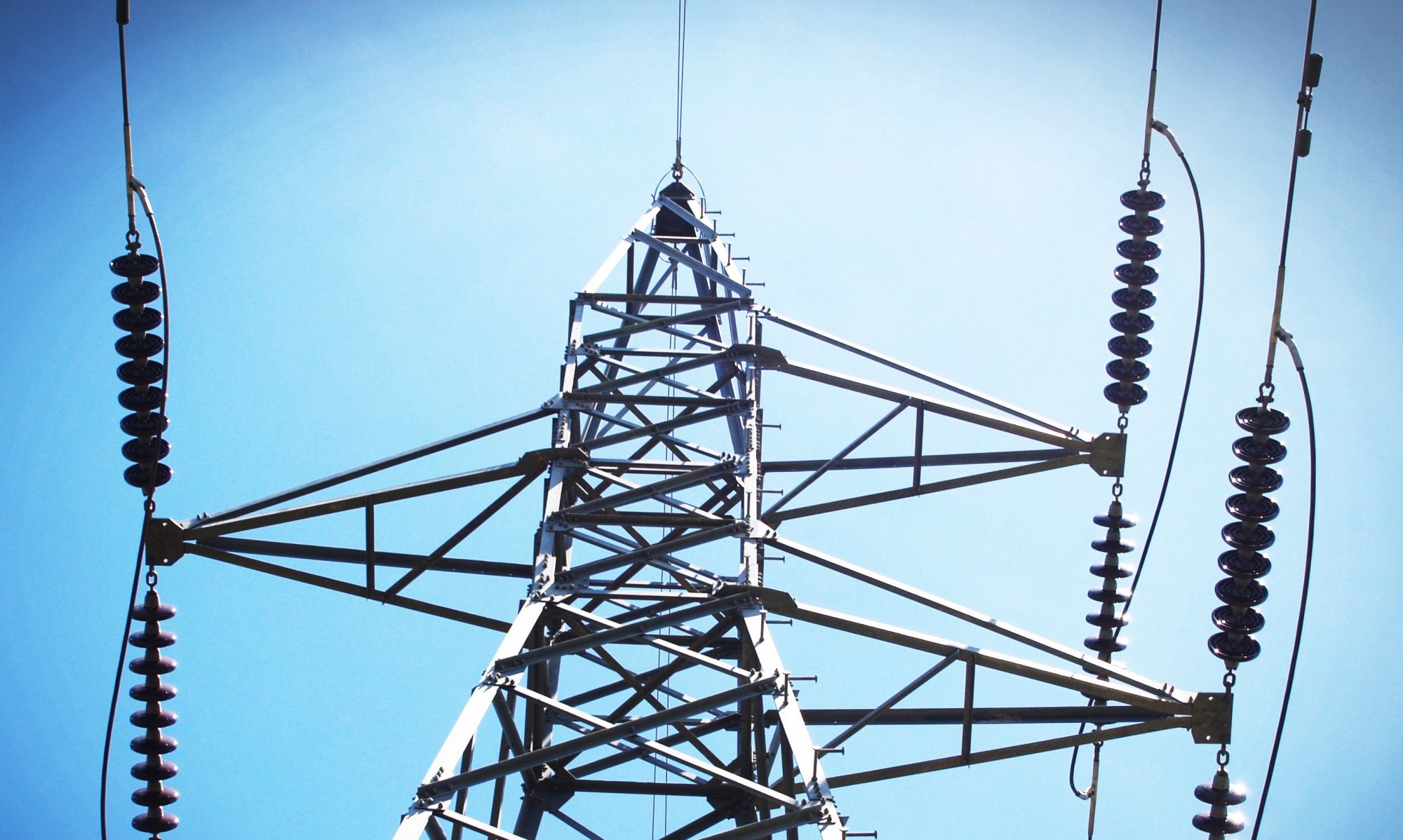An electrical contractor is a person who focuses primarily on the electrical cabling of structures, machines or related devices. Because electrical products are highly delicate and very risky, specialists are always needed for urgent situations and to solve electrical problems. They can work in commercial, residential or private electrical tasks.
Residential tasks may include jobs such as suiting a house for electrical cabling and analyzing and repairing various problems in your house. Commercial electric jobs consist of equipping structures for electrical cabling, doing numerous electrical tasks for companies and working onboard aircrafts or ships. A specialist may perform a wide series of electrical tasks or he can prefer to specialize in just a few areas of electrical jobs.
For instance, some electrical engineers work in the domain of setting up and fixing electrical systems such as utility lines and turbines. Other technicians are experts in the electrical cabling of ships, aircrafts, vehicles or other machines. Hiring an electrical contractor is essential part of modern day technology, as all businesses, homes and most of our activities are depend on electrical power.
The most common categories of electrical specialists are commercial and residential engineers. Some specialists prefer the expertise in only one of these domains, even if many of them are qualified to solve a number of problems in both residential and commercial places. Residential electrical technicians must get training and personal certification before they are allowed to operate on private projects by themselves.
The responsibilities of residential contractors are varied, since people can call them for any type of job, from the repairing of outlets in their house to fully rewiring their rooms. The tasks of residential electrical contractors can be split up into operations of setting up systems, improvements and maintenance.
Upgrading is a major component of hiring an electrical contractor, and working in a private setting typically includes replacing the electrical facilities in the house, in order to accommodate the owner’s necessities. This can mean setting up new outlets and cabling electrical sites so one can move large equipment, or running cables behind the surfaces for the installment of domestic devices.
The third principal element of a residential Denver electrician is maintenance. Some electrical engineers work mainly in maintenance, although every specialist should possess at least a basic idea of problem solving. Maintenance in residential places typically involves broken outlets, fixing electronics and possible defective cabling. Residential electrical technicians should be ready to respond as fast as possible and reduce the hassle of the property owner, and then evaluate any potential dangerous issues.
Many newly certified residential electricians choose to work on the installation requirements of new houses. This involves setting up the cabling, systems, outlets, sites or any other devices in a private area for domestic use. Because these tasks can be quite complicated, a residential contractor must know how to assess the structure of a house and then how to set up electrical equipment and the additional cabling.
